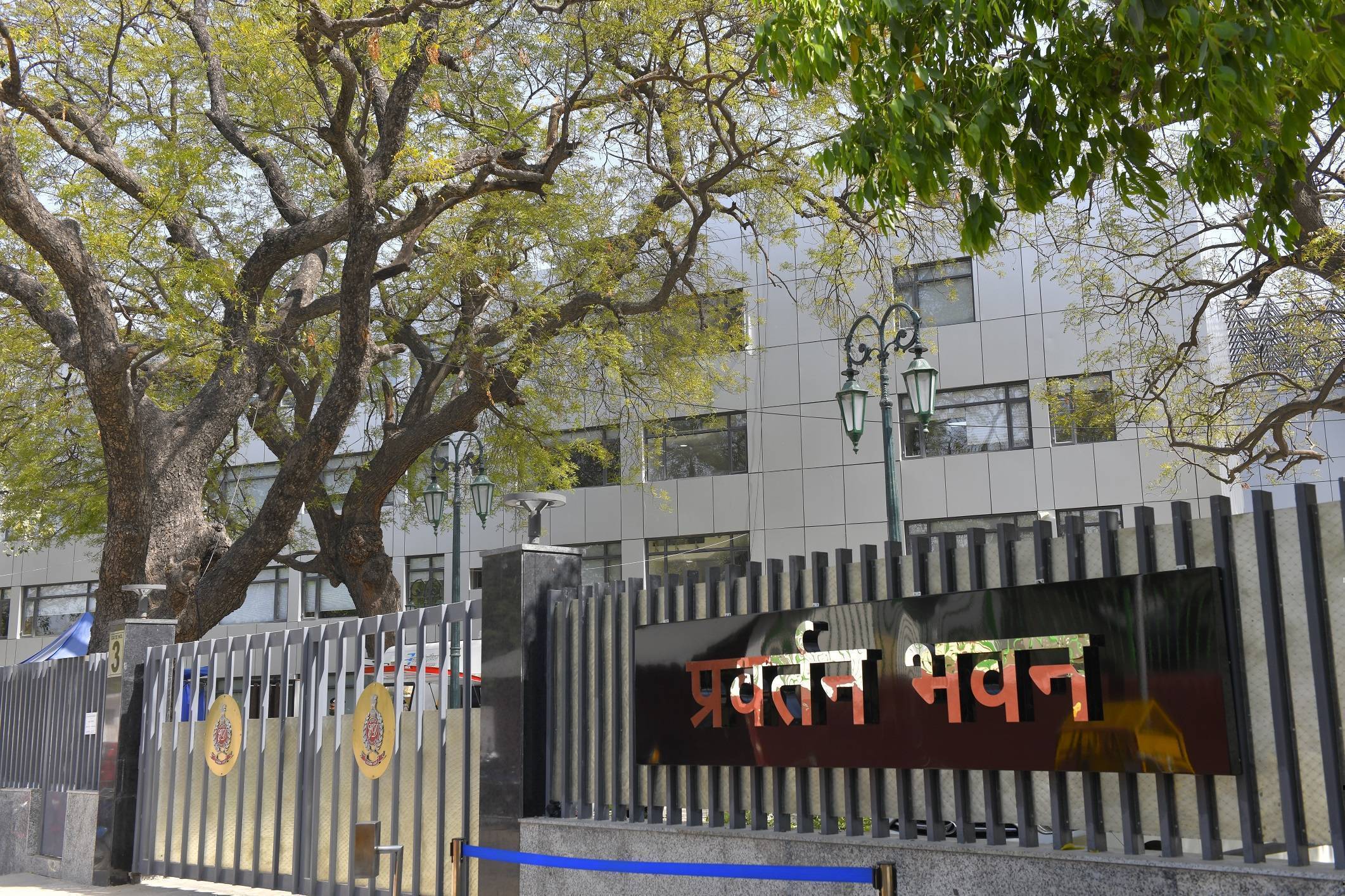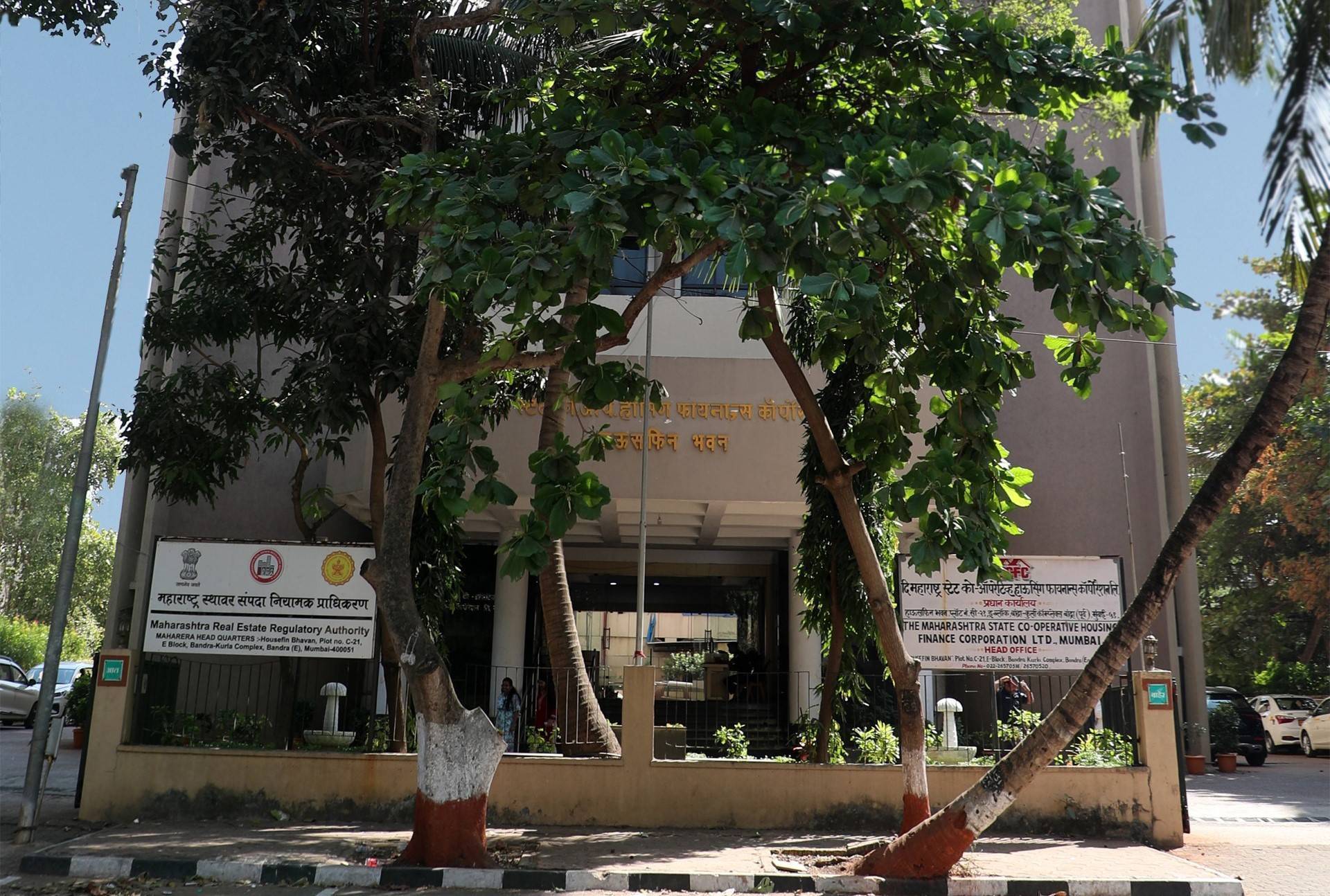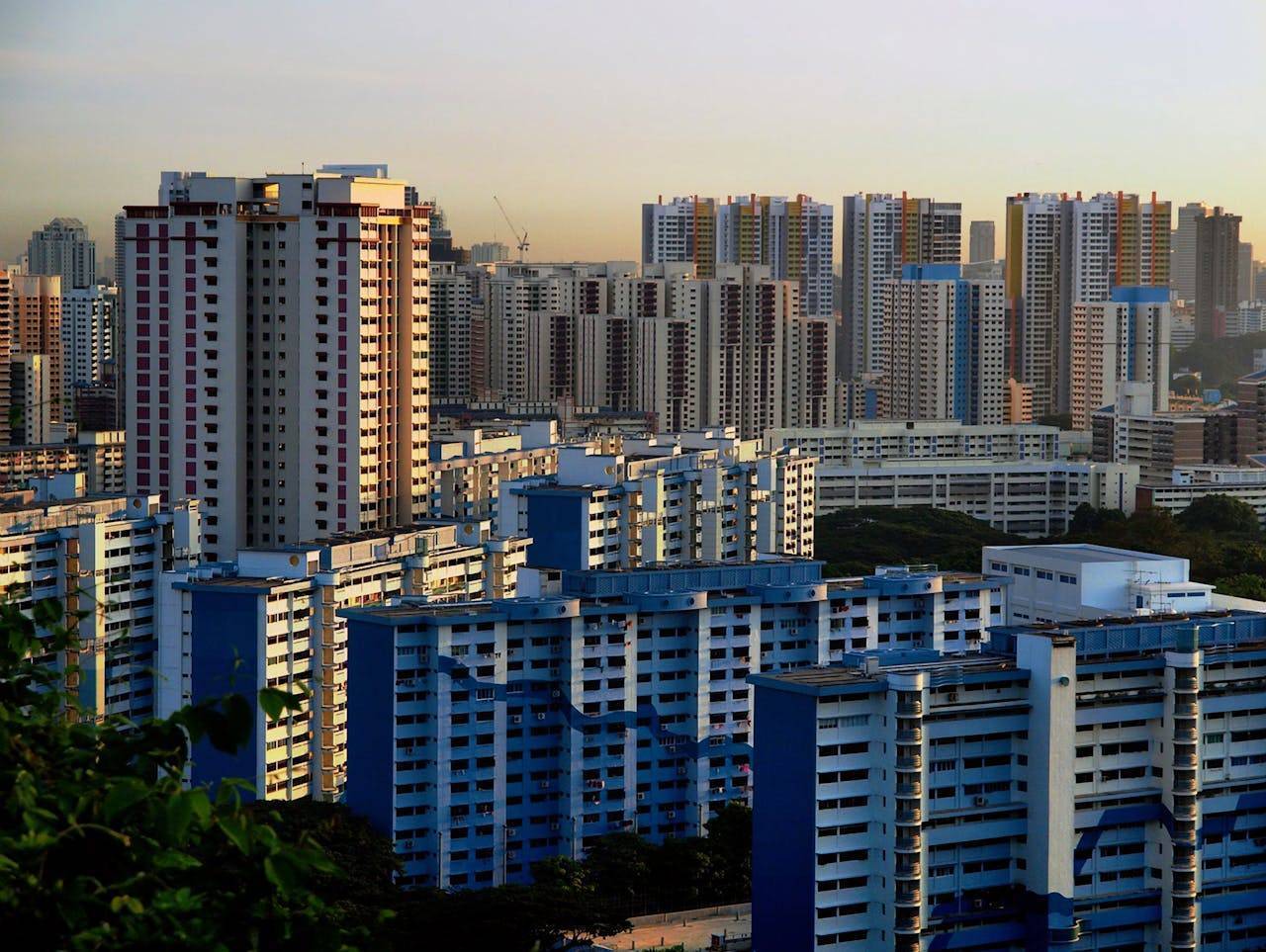The Maharashtra government has cleared a significant policy change that aims to speed up the redevelopment of large MHADA colonies all over Mumbai and its suburbs after cabinet meeting. As per the new guidelines for integrated and cluster redevelopment, the consent of the residents will not be necessary in the case of MHADA colonies covering an area of 20 acres or more. This change is likely to be a great help in projects that have been long stalled due to the lack of consent of the residents and thus will have a huge impact on the housing sector in the city of the oldest developments of Mumbai.
The cabinet meeting decision is being seen as a vital step towards solving the problem of the old housing stock and, at the same time, upgrading the living standards and increasing the supply of affordable housing in the Mumbai Metropolitan Region (MMR). The state has explained the reason for the consent waiver by saying that the policy ensures the residents the highest rehabilitation FSI possible, which means bigger, newer homes and much better infrastructure.
What are the changes under the new MHADA redevelopment policy?
It means that developers will no longer be required to individually approach each resident in order to get their signatures as this is the stage at which they have been most frequently met with refusals leading to the halt of the redevelopment. However, obtaining a formal consent resolution from the respective co-operative housing societies will still be mandatory. In this way, the approval of the society as a whole is guaranteed while at the same time, the difficulties of the administration involved in the collection of individual consents are eliminated.
The policy applies to MHADA layouts of 20 acres and above, a category that includes 56 MHADA colonies built for the Middle Income Group (MIG) and Low Income Group (LIG) segments across Mumbai. These colonies collectively contain around 5,000 co-operative housing societies, many of which are now several decades old and in deteriorating condition.
What the policy promises for residents?
According to details reported by Hindustan Times, the revised framework aims to create large-scale, integrated townships with significantly upgraded amenities, services, and public infrastructure.According to the report, the policy will make a large number of affordable homes available for citizens in Mumbai city and its suburbs. It said that the redevelopment projects will “provide modern basic infrastructure and amenities, including well-equipped residential units, elevators, spacious parking areas, parks, community halls, playgrounds, gyms, swimming pools and CCTV facilities”.
Residents can expect to benefit from:
- Homes that are new and bigger than the current units
- Fundamentals of modern life that are properly taken care of, for example, a water supply that is upgraded, internal roads, sewage systems, and networks for electricity, etc. by lifestyle amenities including elevators, gyms, community halls, swimming pools, parks, and playgrounds
- Improved security features like close-circuit television camera surveillance
- Systems that are friendly to the environment for utilities and waste that are managed
- The plan moves from just one building being redeveloped to a comprehensive township model that has green areas, schools, hospitals, commercial areas, and better transport infrastructure besides the integration of these things.
Reasons for the policy
A large number of MHADA buildings of those days (1960s–1980s) have been declared as old, unsafe, and in a condition that needs a make-over of the structures. But, in the past, the requirement for consent of all or a very high percentage of people often led to situations where there was a deadlock – i.e. one of the biggest problems of redevelopment in Mumbai. The newly developed policy is meant to free up this kind of immobilization by setting up a simplified procedure in which the planning authority is MHADA and 114 projects for redevelopment have been identified.
Impact on affordable housing
The government anticipates that the policy will contribute considerably to the affordable housing stock of Mumbai by enabling the redevelopment of large areas of MHADA land that has been lying idle. This happens when there is an increasing demand in the city for modern, safe, and well-connected homes.
The policy is consistent with the reforms that are being implemented in the housing sector in Maharashtra. Just last week, the Maharashtra Housing Department came out with a new Government Resolution (GR) for slum cluster redevelopment that is applicable to slum areas of 50 acres or more. The new slum redevelopment model, which was notified on November 13, is thus expected to transform the major slum pockets by large-scale, integrated redevelopment. Besides that, the recent modifications in MHADA's premium charges and payment terms are intended to attract developers and shorten the rehabilitation of old housing societies process.









.png)